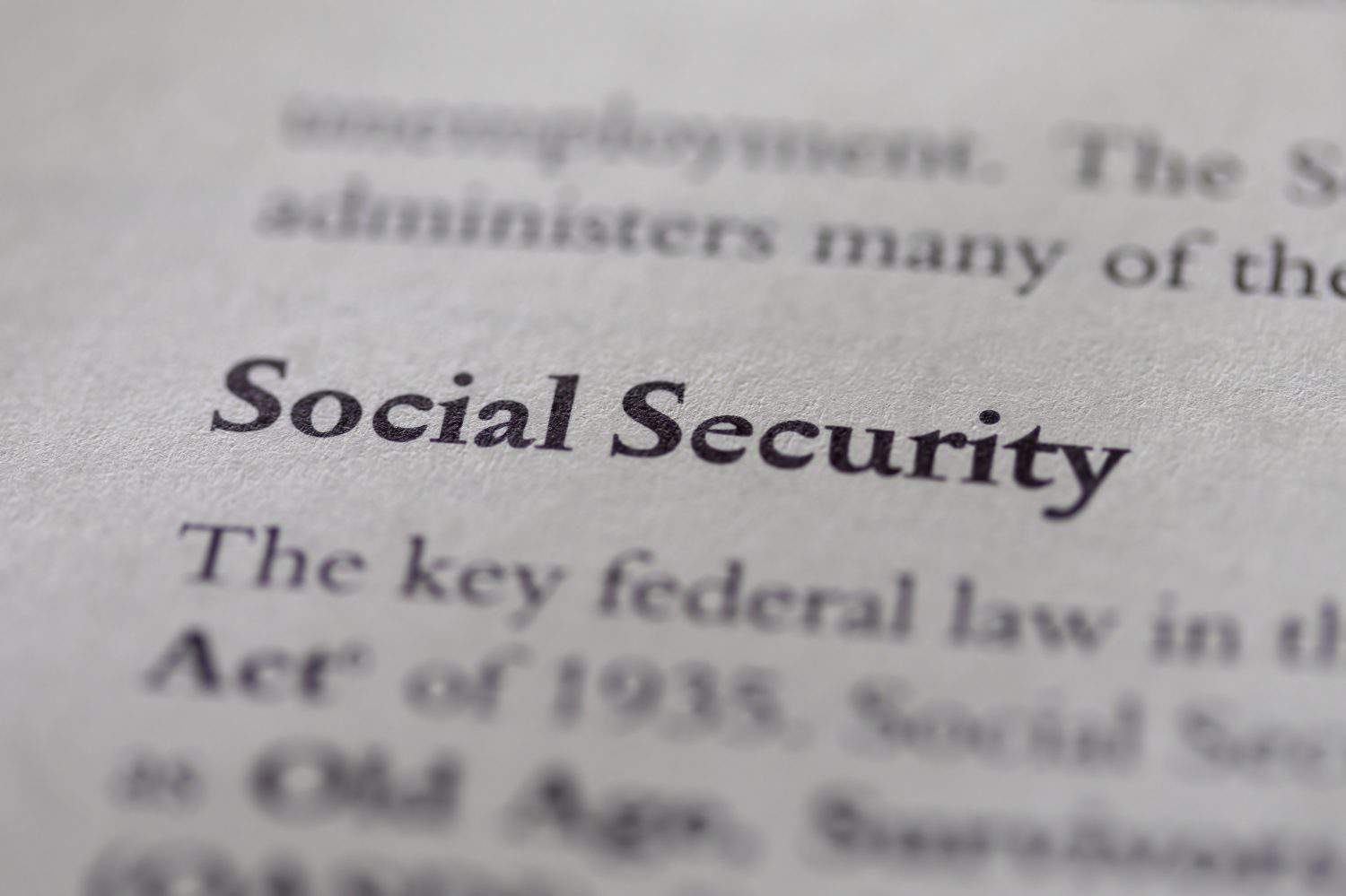Retirement
fromLondon Business News | Londonlovesbusiness.com
2 months agoHow certificate of deposit options support reliable wealth building - London Business News | Londonlovesbusiness.com
Certificates of deposit provide predictable, insured returns by trading liquidity for fixed rates; matching term to goals and routinely comparing offers maximizes safety and yield.




